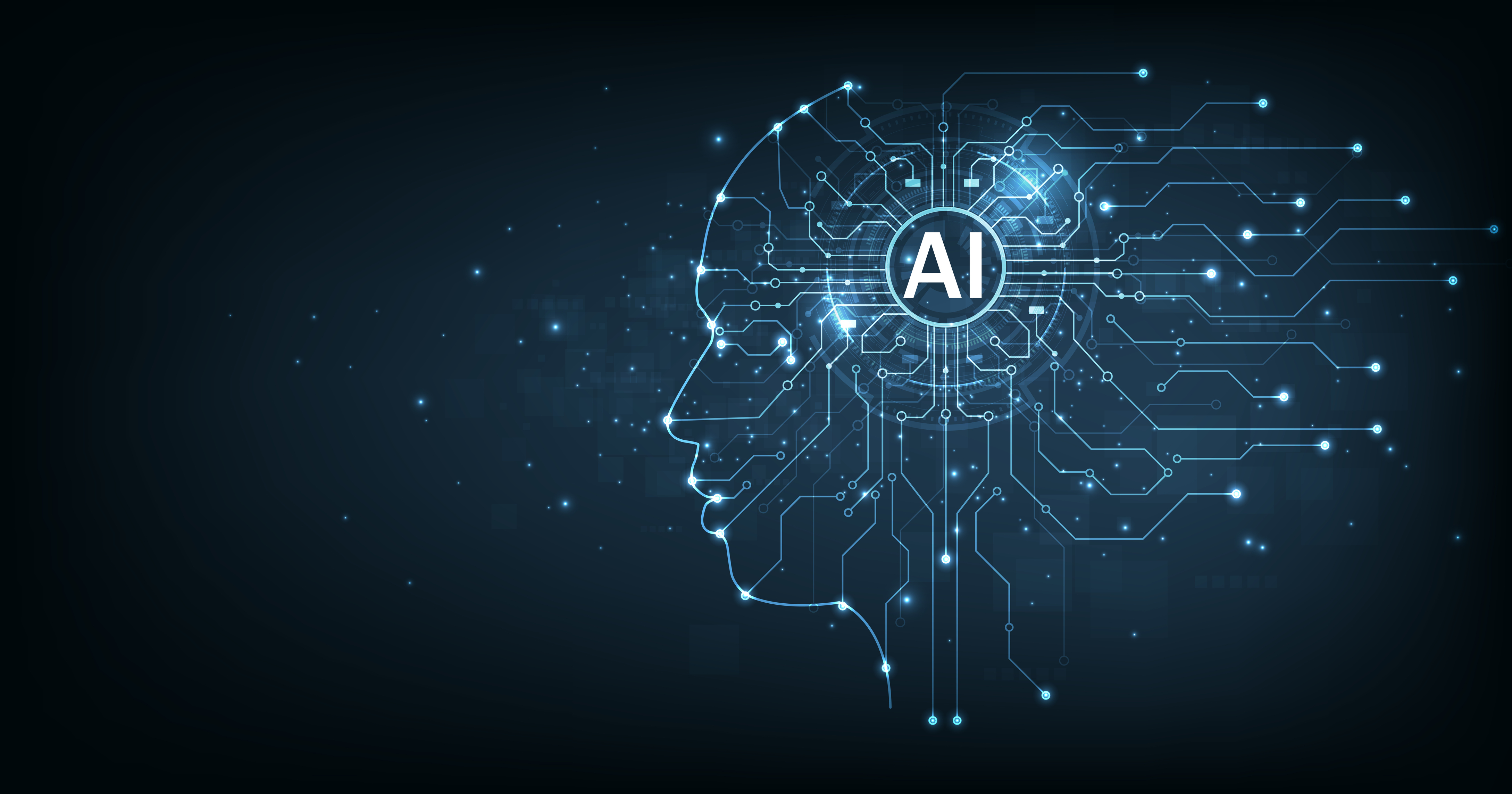Over the last 25 years, there has been a remarkable transformation of the recruitment sector propelled by rapid technological advancements, making it more efficient, data-driven, and accessible to a broader range of candidates.
Recruitment Past & Present:
Matrix Recruitment opened its doors in 1998, long before the invention of apps like LinkedIn, and when online job boards were in their infancy. Back then, recruitment was a more in person process with appointment systems where candidates would be met with individually to discuss job roles and get a better understanding of each person applying.
Today, CVs are emailed, applications are filled out online and Applicant Tracking Systems filter candidates into data. Online assessment tools test candidate’s skills, video interviews reduce the need for in-face meetings and AI purports to be able to predict a person’s ability to do a job well.
There’s no doubt that today’s recruitment world is fast-paced and ever evolving, and technology is integral to this. However, with the recruitment process more reliant on technology than ever before, our sector needs to be vigilant and ensure that the personal nature of recruitment does not disappear to the detriment of candidates and clients alike.
AI Challenges:
Amid the advent of Artificial Intelligence (AI), a slew of considerations emerges, chief among them, software bias. While machines might seem impervious to bias, latent prejudices can permeate AI systems. AI software is typically trained on historical data and if this data includes biases against particular demographics or groups, the AI could inadvertently pick up these cues, perpetuating disparities and causing discriminatory recruitment outcomes.
More worrying is the potential for exceptional candidates to be overlooked by AI recruitment programmes due to nuances within their applications. These candidates may have qualities and attributes that only human recruiters can recognise such as cultural fit, soft skills, and potential for growth.
On top of this, different industries and roles within them have unique requirements that technology might not fully comprehend. A nuanced understanding of these intricacies is crucial to avoiding mismatches between candidates and job roles.
This is why striking a balance between technological innovation and preserving the ethical, human-centric aspects of recruitment is so important.
Looking Ahead:
The next 25 years promise even more transformation within the recruitment sector. There is no doubt that technology and AI will enhance recruitment processes even more efficiently into the next decade and beyond, but if a recruitment company wants to succeed, preserving the essence of human connection is imperative.
The future of recruitment must balance innovation with empathy, efficiency with ethics, and technology with tradition if it wants to thrive going forward.



.jpg)




